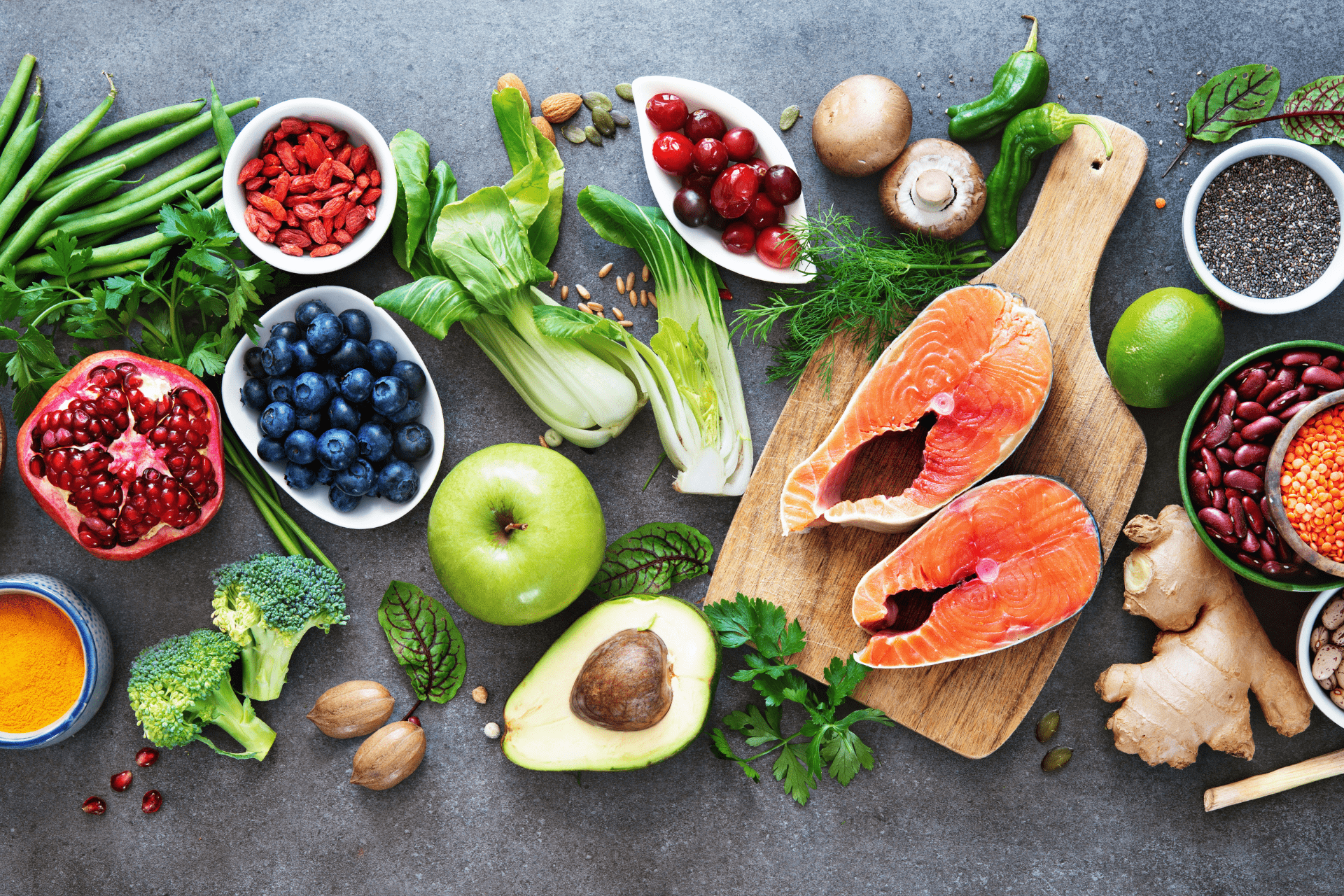7 Natural Antidepressants That Truly Work
You’ve tried white-knuckling your way through the fog. You’ve forced a smile at work, pushed through family obligations, and told yourself it’s just stress. But deep down, you know it’s more than that. You’re searching for relief that doesn’t numb you and feels sustainable.
That’s why people turn to natural antidepressants to help manage their symptoms of depression.
Not quick fixes but evidence-based supplements, therapies, and daily practices that actually shift the way your brain and body hold depression. This is your guide to holistic depression treatment.
Can Supplements Work Against Depression?
Prescription medication can be extremely helpful in managing depression symptoms. However, there are alternatives to medication that can provide relief. Some supplements and vitamins have shown promise in supporting mood, energy, and brain health.
They’re not a cure, but they can play a meaningful role when combined with therapy, lifestyle changes, or medication when needed. In my practice, I’ve seen clients benefit from targeted supplementation, but only when it’s thoughtful, safe, and personalized.
7 Herbal Supplements & Vitamin Natural Antidepressants
Some natural antidepressants show strong evidence for supporting mood and mental health. These options affect brain chemistry, reduce inflammation, and strengthen the body’s stress response.
#1: St. John's Wort
St. John’s Wort supports serotonin activity in the brain and relieves mild to moderate depression. It works best when used consistently and monitored by a professional, since it interacts with many prescriptions.
#2: S-adenosyl-L-methionine (SAMe)
SAMe boosts neurotransmitter activity, particularly serotonin and dopamine. This supplement lifts energy, improves mood, and supports brain function when taken in the right dose.
#3: Omega-3 Fatty Acids
Omega-3s reduce brain inflammation, improve neurotransmitter function, and support a healthy stress response. People who consume higher omega-3 levels show stronger emotional stability and reduced depression symptoms.
#4: Vitamin D
Vitamin D regulates mood through its role in serotonin production. Low levels often worsen seasonal depression, while restoring optimal levels supports emotional stability year-round.
#5: B Vitamins
B vitamins, especially B6, B9 (folate), and B12, regulate neurotransmitter production and stabilize mood. Low levels often worsen fatigue, sadness, and irritability. Supplementing restores balance and improves resilience.
#6: Zinc
Zinc plays a direct role in brain signaling and neuroplasticity. Adequate zinc levels sharpen focus, lift energy, and improve mood regulation. Deficiency often contributes to depressive symptoms.
#7: Selenium
Selenium supports antioxidant function and thyroid health, both of which directly influence mood. Proper levels reduce oxidative stress in the brain and stabilize emotional health.
Alternative Therapies for Depression
Natural antidepressants extend beyond supplements. Several evidence-based therapies activate the nervous system, retrain the brain, and create lasting emotional relief.
Accelerated Resolution Therapy
ART uses guided eye movements and visualization to help the brain reprocess painful memories. This trauma-informed therapy reduces emotional intensity, lifts mood, and creates rapid relief without months of retelling the past.
Psychedelic Assisted Therapy
In clinical settings, psychedelic-assisted therapy combines medication such as ketamine or psilocybin with therapeutic guidance. This treatment interrupts rigid thought patterns, supports neuroplasticity, and allows patients to experience breakthroughs that conventional treatments rarely achieve.
Massage Therapy
Massage reduces cortisol, increases serotonin, and calms the nervous system. Regular sessions release stored tension and help the body shift out of constant stress mode.
Acupuncture
Acupuncture stimulates energy pathways and regulates neurotransmitter activity. It balances mood, reduces anxiety, and restores the body’s natural rhythms that depression often disrupts.
Meditation
Meditation strengthens the brain’s ability to regulate thoughts and emotions. Consistent practice lowers stress, improves focus, and builds resilience against depressive cycles.
CBT & Other Forms of Therapy
Cognitive Behavioral Therapy (CBT) rewires negative thought patterns that fuel depression. Therapists also use modalities like ART, EMDR, and Ketamine to retrain the brain and restore balance.
Lifestyle Changes to Support Mood
The choices you make each day directly shape your mental health. Lifestyle changes strengthen the brain, regulate mood, and support long-term relief from depression.
Exercise, Like Yoga
Movement boosts endorphins, improves sleep, and stabilizes energy. Yoga in particular combines physical activity with breathwork, which calms the nervous system and builds resilience.
Nutrient-Dense Meals
Whole foods fuel brain chemistry. Omega-3s, lean proteins, and colorful produce regulate neurotransmitters and stabilize mood. Consistent, balanced meals prevent the crashes that worsen depression.
Aligning with which healthy foods are best for your body is vital to your success in managing depression. Not all healthy foods will work for your body. We do individualized testing to identify the foods your body needs.
Community
Connection restores emotional balance. Talking openly with trusted friends or family members reduces isolation and reminds you that you’re not facing depression alone.
Volunteering
Helping others strengthens self-worth and creates a sense of purpose. Giving your time and energy shifts focus outward and breaks the cycle of withdrawal.
Natural Antidepressants: Frequently Asked Questions
Which is the best natural antidepressant?
St. John’s Wort remains one of the best natural antidepressants for mild to moderate depression. A diet rich in fatty fish and leafy greens also lowers the risk of depression by supporting brain chemistry.
What is a good replacement for antidepressants?
Therapies like CBT, Accelerated Resolution Therapy, and meditation work as strong replacements for antidepressants. Nutrition matters too; egg yolks, pumpkin seeds, and starchy vegetables supply the vitamins and minerals your brain uses to regulate mood.
What supplement works like an antidepressant?
SAMe boosts serotonin and dopamine like a prescription antidepressant. Pairing it with omega-3s from fatty fish or olive oil strengthens its effects on mood and energy.
Work with a Holistic Psychiatrist, Dr. Lauren Williams
Healing depression requires more than a prescription. It takes careful attention to your biology, your story, and the daily patterns that shape your mood. I integrate natural antidepressants, advanced therapies, and lifestyle strategies to create treatment plans that fit you. You deserve care that looks beyond symptoms and works toward lasting stability. Together, we’ll decide whether supplements, therapy, medication, or holistic strategies give you the strongest foundation for healing. If you’re ready for a personalized path to mental wellness, book your consultation today.







